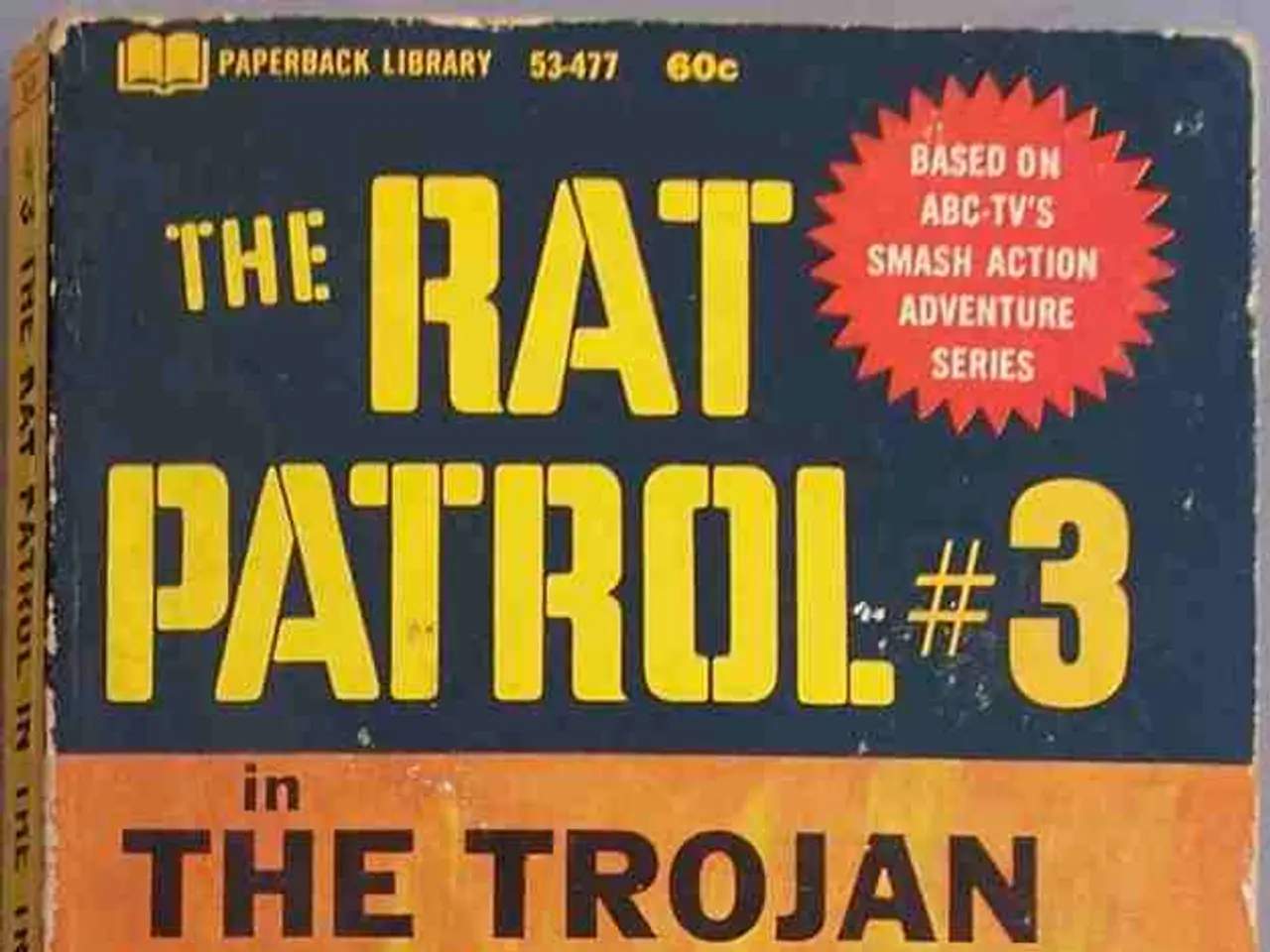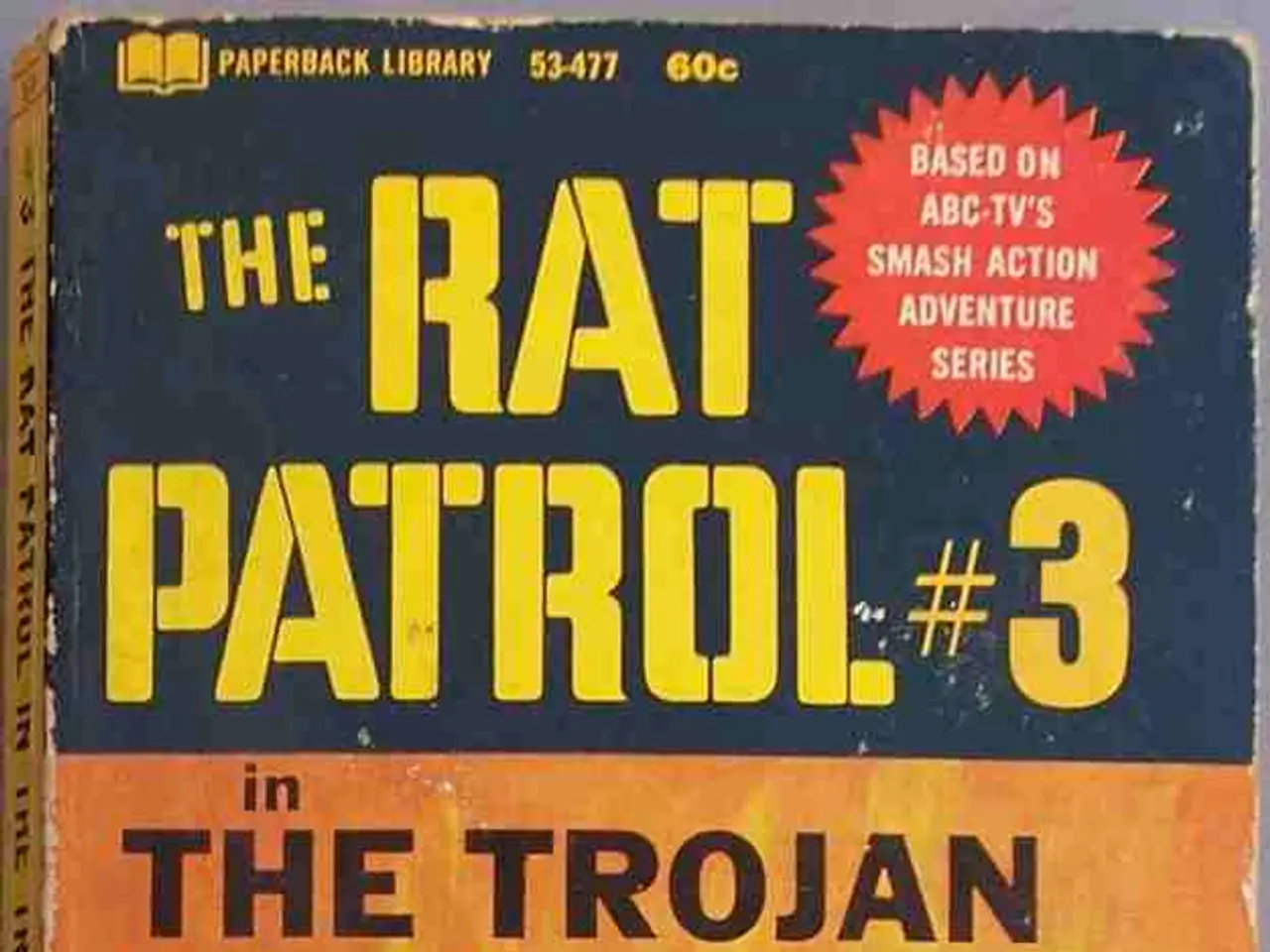Missile supply of Israel under scrutiny amidst escalating Iran conflict
Battling the Burn: Iran's Heavy Hit on Israel's Defense Systems
The unexpected blow from Iran's military strikes has left Israel's defense systems vulnerable. As reported by Al Jazeera, significant damage was inflicted on key Israeli establishments, including buildings of the Ministry of Defense in Herzliya and the Mossad in Tel Aviv, as well as an oil refinery near Haifa. Yet, Israel remains tight-lipped about the casualties and damages.
The "Arrow" anti-missile interceptors, a crucial defense system jointly developed with the US, are on the brink of depletion if this conflict persists, posing a serious threat to Israel's defense. The Wall Street Journal shares this concern, citing a Pentagon official, while The Washington Post offers a dire warning: Israel might not be able to sustain a war of attrition without US support.
tower, and a Mossad building in Tel Aviv were not spared either. An oil refinery near Haifa also suffered heavy damage and had to be shut down. However, Israel has yet to confirm these reports as the military censorship is at its sternest. Israeli security forces have taken control of the affected sites, barring any photography or filming.
Israel may struggle to counter Iranian attacks with its Arrow interceptors, warns the WSJ, citing mounting fears about Israel Defense Forces (IDF) possibly depleting their defensive weapons due to the relentless Iranian attacks. The IDF spokesperson, when approached by the WSJ, merely expressed readiness for all scenarios but declined to comment on ammunition-related questions.
Inside sources in The Washington Post voice their concerns, suggesting that without US resupply or increased US military involvement, Israel might sustain its missile defense for another 10 to 12 days if Iran maintains this pace of attacks. An anonymous source confided in The Washington Post that Israel's defense systems might struggle to intercept as many missiles by the end of the week due to rationing of defensive ammunition. "They will have to choose what to intercept. The system is already overwhelmed," the source said.
Maintaining Israel's military protection comes at a high cost. TheMarker, an Israeli financial newspaper, estimates that Israel spends around $285 million per night on its missile defenses.
Israel's Prime Minister Benjamin Netanyahu seems to be banking on US intervention in the ongoing war. Yet, the extent of US involvement remains unclear. Donald Trump has praised the superiority of US weapons, demanded the unconditional surrender of Iran, and threatened the country with severe consequences if it fails to strike a deal with the US. "We are conducting military strikes today," stated Republican U.S. Senator Ted Cruz in a conversation with journalist Tucker Carlson. However, the exact nature of these strikes remains ambiguous. The White House's National Security Council ended a meeting on Tuesday without reaching a decision on potential attacks on Iran, revealed the Wall Street Journal, while U.S. officials told ABC News that the next 24 to 48 hours could be decisive in the decision to join Israel's military operation.
The U.S. Navy has reportedly withdrawn its warships from their base in Bahrain as a precautionary measure due to the increasing threat level. If the US decides to back Israel in the conflict, Iran is reportedly prepared to retaliate by attacking American military bases in the region. The Yemeni Houthi movement, Ansar Allah, has even offered support to Iran. "We will aid Iran in repelling Israeli attacks, just as we supported our brethren in Gaza," stated a member of the movement's Politburo to Al Jazeera.
Russia and China are still withholding their an eye on the developments. Both Moscow and Beijing have urged the conflict to cease, although Russia supports Iran's air defense and China considers Iran a valuable ally in the Middle East. Secret flight paths reportedly have Chinese Boeing-747 cargo planes delivering unspecified cargo to Iran, according to the Daily Telegraph. The first flight took place a day after the start of Israel's operation, with more following soon after.
All in all, Israel's missile defense systems seem to be on the brink of exhaustion amidst increasing attacks from Iran. With US support proving to be crucial to replenish interceptor stocks and counter further missile barrages, the next 24 to 48 hours will likely decide Israel's fate in its ongoing battle against Iran.
The ongoing war-and-conflicts between Israel and Iran has been a subject of general-news, with reports suggesting Israel's Arrow anti-missile interceptors, a critical part of its defense politics, are nearing depletion. As the IDF debates the potential depletion of defensive weapons due to relentless attacks, The Washington Post predicts that Israel might sustain its missile defense for another 10 to 12 days at most without US resupply or increased military involvement.







